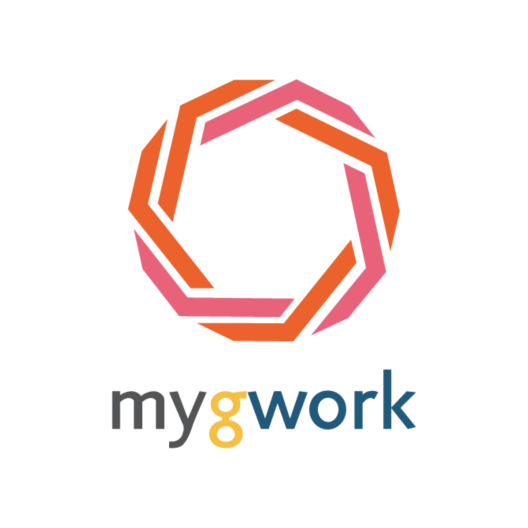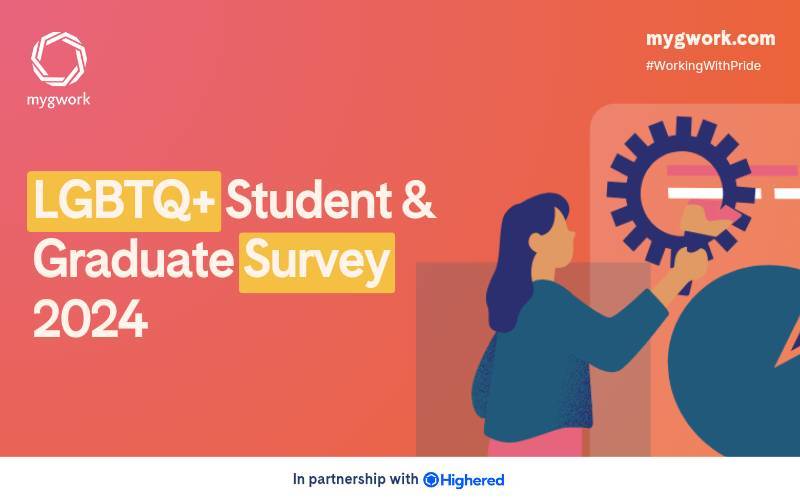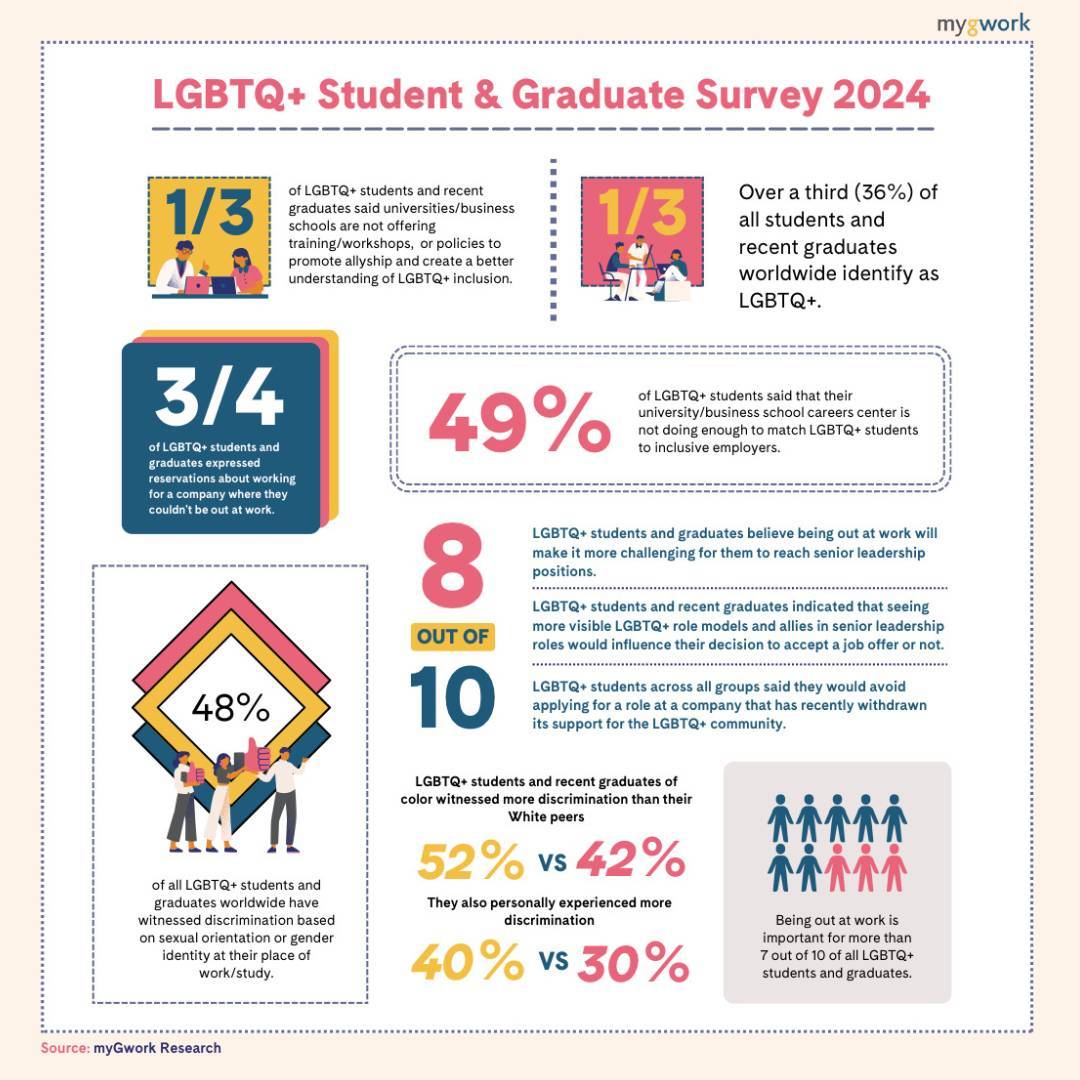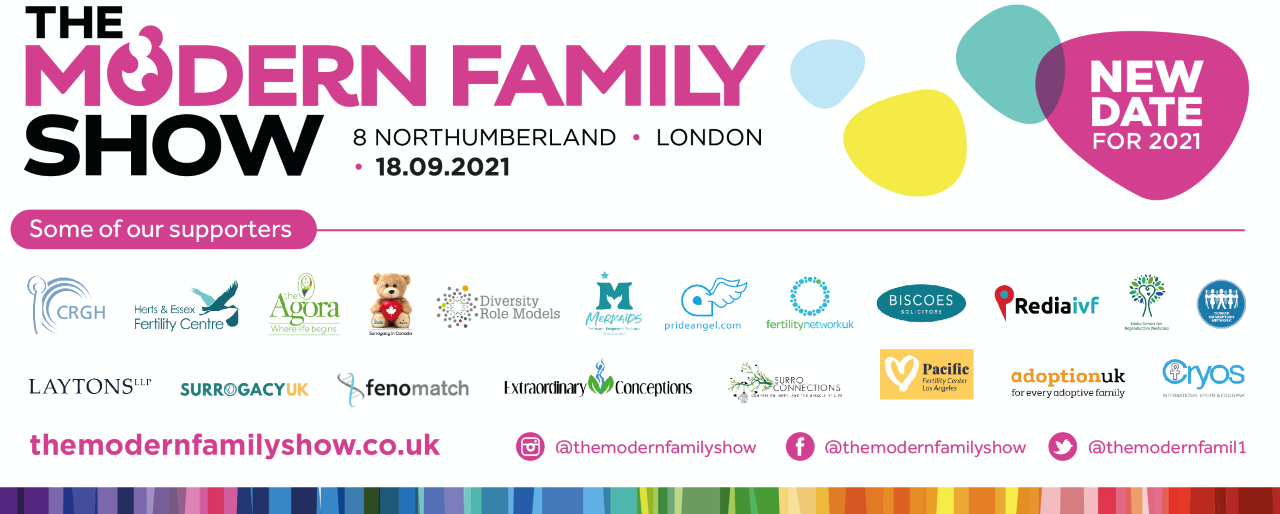
Visible role models would encourage 80% of LGBTQ+ Gen Z to accept job offer, reveals myGwork survey
News
Seeing visible LGBTQ+ role models in senior ranks would significantly influence 80% of LGBTQ+ Gen Z students and graduates to accept a job offer made by a prospective employer, confirmed myGwork’s latest survey. The data also showed that students of color attach slightly higher importance to having visible LGBTQ+ role models and allies in leadership roles compared to their White peers.
Without seeing visible LGBTQ+ role models in senior ranks, many are unlikely to see themselves getting ahead in senior positions at those companies. In fact, eight out of 10 LGBTQ+ students and graduates believe that being LGBTQ+ will make it more challenging for them to reach senior leadership positions.

The research, carried out in association with Highered, surveyed over 2,000 students and recent graduates around the world, and of those surveyed more than a third (36%) identify as LGBTQ+, which indicates that more young people are open about their gender identity and sexuality than ever before. Additionally, individuals identifying as asexual, pansexual and queer, collectively represent around a third of all LGBTQ+ students and recent graduates, which reflects a growing recognition and acceptance of diverse gender identities.
Today’s young LGBTQ+ professionals also desire to work in open and accepting working environments. Three-quarters of respondents expressed reluctance to join organizations where they couldn't be their authentic selves, fearing being discriminated against, bias and limited opportunities for training or development required to progress and get promoted.
Almost half (48%) of all LGBTQ+ students have witnessed discrimination based on sexual orientation or gender identity at their place of study or work, compared to just 32% of non-LGBTQ+ students and graduates. Additionally, 36% of all LGBTQ+ graduates have personally experienced discrimination, such as homophobia, biphobia, and transphobia.
Moreover, a higher number of LGBTQ+ students and graduates from marginalised ethnicity and racial groups said they witnessed more discrimination based on both their sexual orientation and gender identity (52%), compared to LGBTQ+ students and graduates of White ethnicity (42%). LGBTQ+ students and graduates of color also personally experienced more discrimination – 40% compared to 30% of their White peers.

The research also emphasises the critical impact of active corporate allyship, with eight out of 10 respondents indicating a reluctance to join companies that have recently withdrawn support for the LGBTQ+ community. This indicates that employers need to think carefully about the impact that withdrawing LGBTQ+ support could have on talent recruitment and retention, and work harder to ensure they remain committed, offering consistent, unwavering support for LGBTQ+ inclusion if they are serious about attracting a diverse workforce. Currently, very few students and graduates believe that organizations are taking enough proactive action to be LGBTQ+ inclusive, and the figures are much lower for LGBTQ+ students (5%), compared to non-LGBTQ+ (14%).
The research also sheds light on key factors that influence the employment choices of young LGBTQ+ professionals entering the workforce, as well as what inclusivity credentials they use to assess how inclusive an employer is before even considering applying for a job there.
"Our latest research goes beyond highlighting industries perceived to be more LGBTQ+ friendly by young job seekers. It provides insights into the criteria that LGBTQ+ students and recent graduates seek in inclusive employers and the essential benefits necessary to attract and retain them," stated myGwork’s co-founders and brothers Adrien and Pierre Gaubert. “In an era where inclusion and belonging are critical to progressive workplaces, myGwork's research serves as an indispensable guide for organizations aiming to create fair and inclusive environments to attract the valuable talent they need to succeed.”

